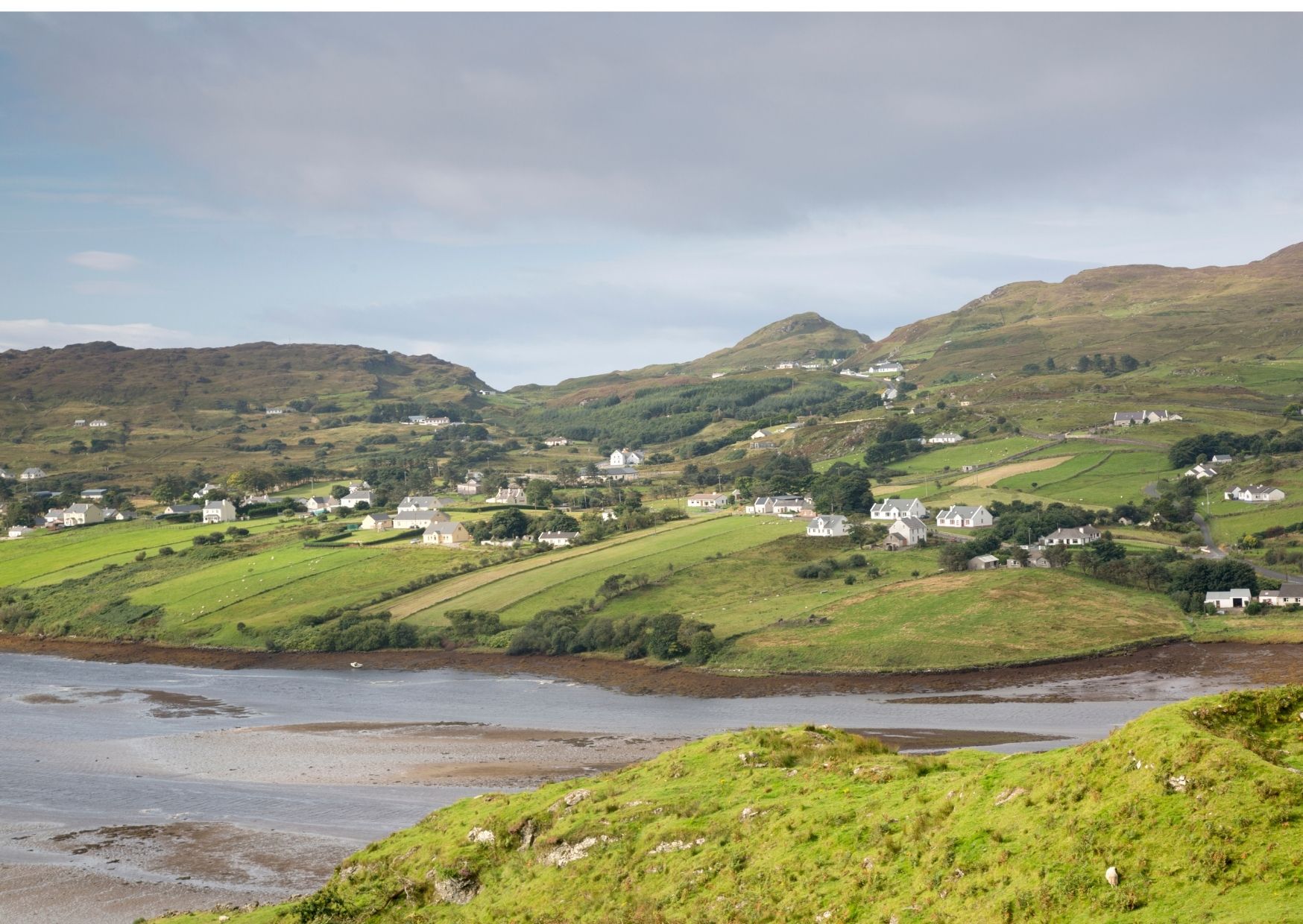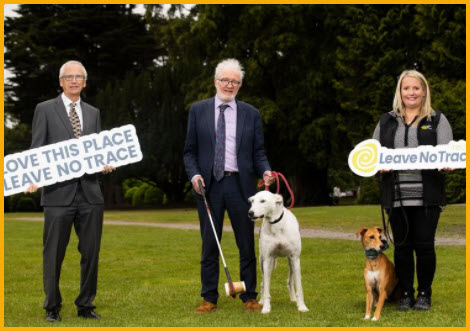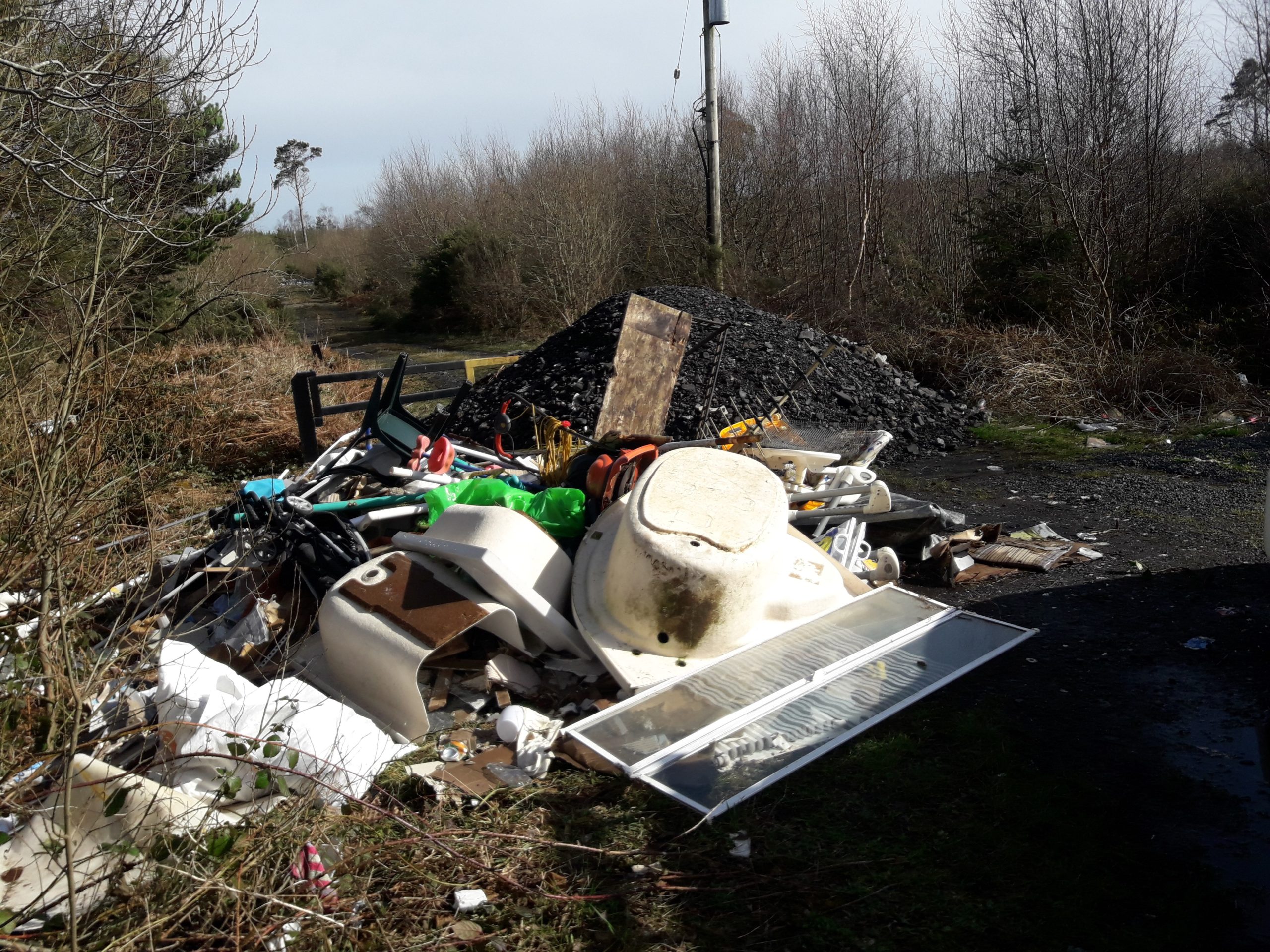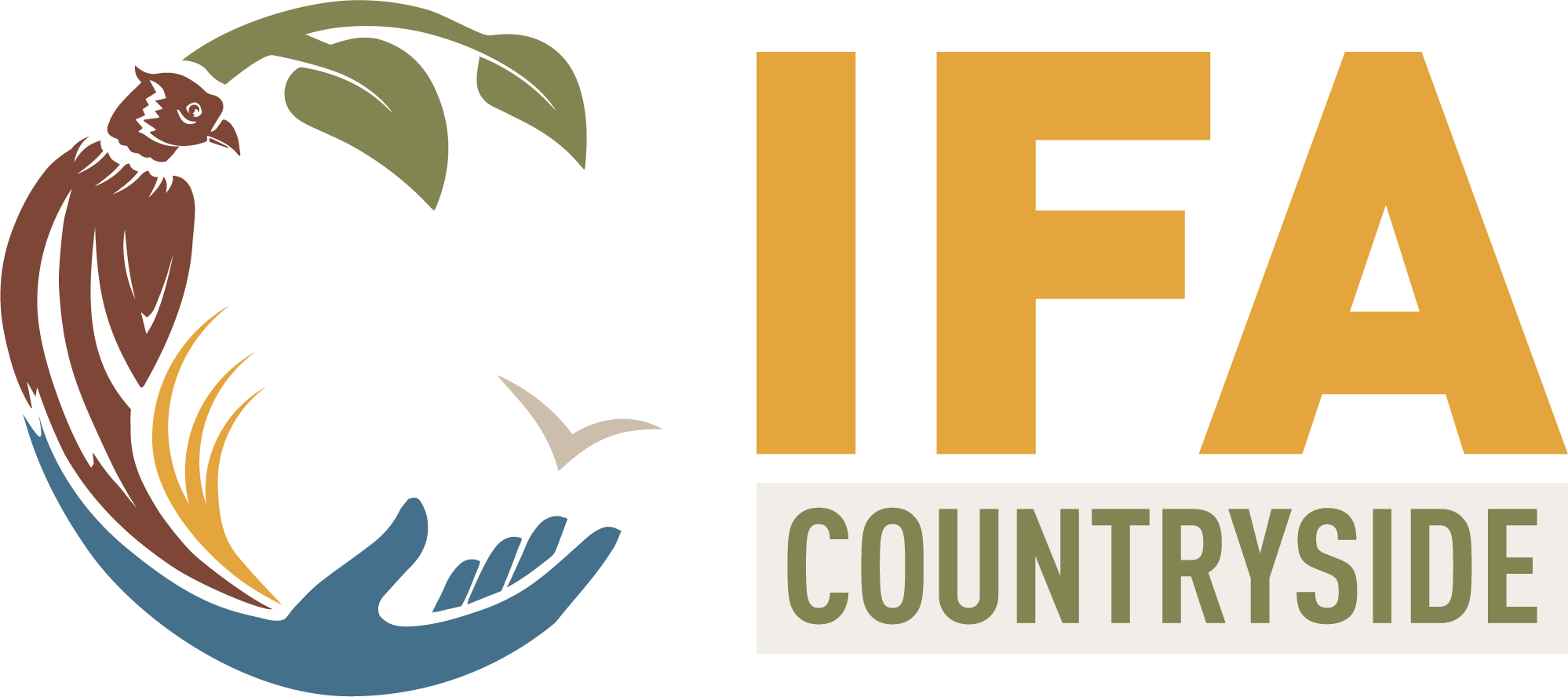
by Barbara Killeen | Jan 20, 2022 | Angling, Biodiversity, countryside, Environment, Fishing, Littering, Water, wildlife management
Wednesday 19th January: A new initiative to raise awareness about the spread of harmful invasive plant species and the impact of litter on Irish waterways has been launched by Leave No Trace Ireland in partnership with Waterways Ireland, the National Biodiversity Data...

by Barbara Killeen | Jun 29, 2021 | countryside, Littering, Rural Development, Rural Ireland
A new public awareness campaign from Leave No Trace Ireland and its partners calls on the public to exercise renewed care and responsibility when outdoors in managing dogs, preventing litter, and ensuring that there are no fires unless on a designated site. As we...

by Barbara Killeen | May 11, 2021 | countryside, Crime, Littering, Rural Ireland
Most common items illegally dumped in Coillte forests during Covid include washing machines, fridge/freezers, household waste, tyres, beds and sofas Increased CCTV and surveillance in operation at known forest dumping blackspots €2 million* spent by Coillte on...




